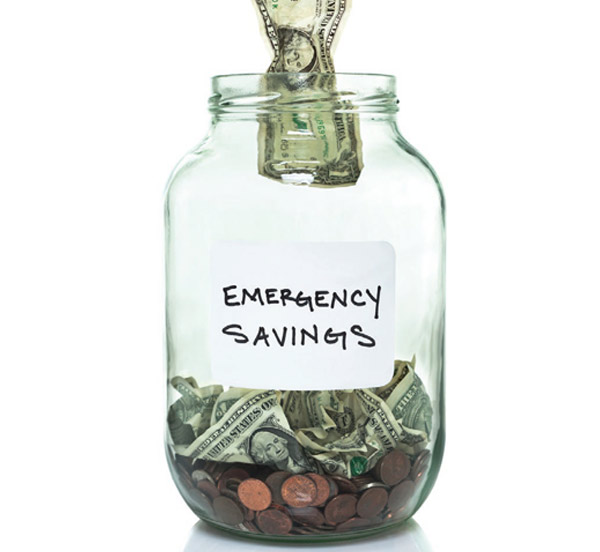If you’re like many Americans, a large chunk of your income goes toward paying down debt such as student loans and credit card payments.
Paying off debt as soon as possible is a smart move — it can help you save on interest payments and improve your credit score.
But a healthy savings account is also important for healthy finances. Neglecting to build emergency savings can be a potentially dangerous oversight. A financial cushion can see you through rough patches like a job loss, medical emergency or car repairs.
What if a couple of crises happen all at once and you don’t have enough cash to float you through? You might be forced to take out a loan, increase your credit card debt or dip into your retirement fund. Resorting to any of these options could end up costing you more than if you had just kept building up your emergency savings over time.
How to Build Your Rainy Day Fund
Financial experts suggest having three to six months of living expenses in emergency savings. This includes food, rent, insurance and other necessities. If you’re single and don’t have kids, this can be a few thousand dollars. If you’re a married homeowner with children, you’ll need much more.
Try these three tips to boost your savings over time:
- Keep a record of your spending. Download our free Financial First Aid guide to show you how.
- Don’t wait until the end of the month to save. Set up a Your Way savings account and deposit part of each paycheck automatically. Choose from $5 to $500 per month and earn a great rate.
- Find a way to make money on the side, such as a part-time job, a couple of shifts at a restaurant or freelance gigs.
Online Access has a new look! It's easier than ever to manage your accounts. Learn more at www.hfcu.org/online.













Comment